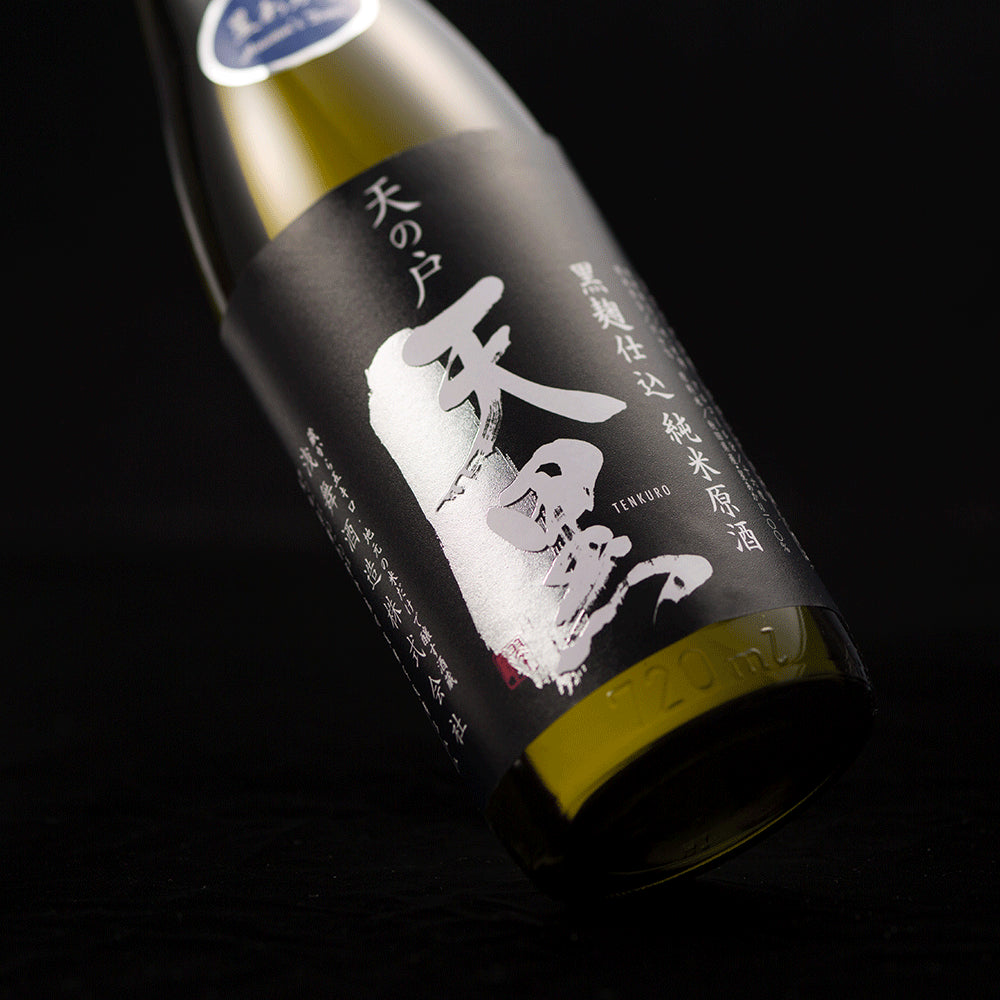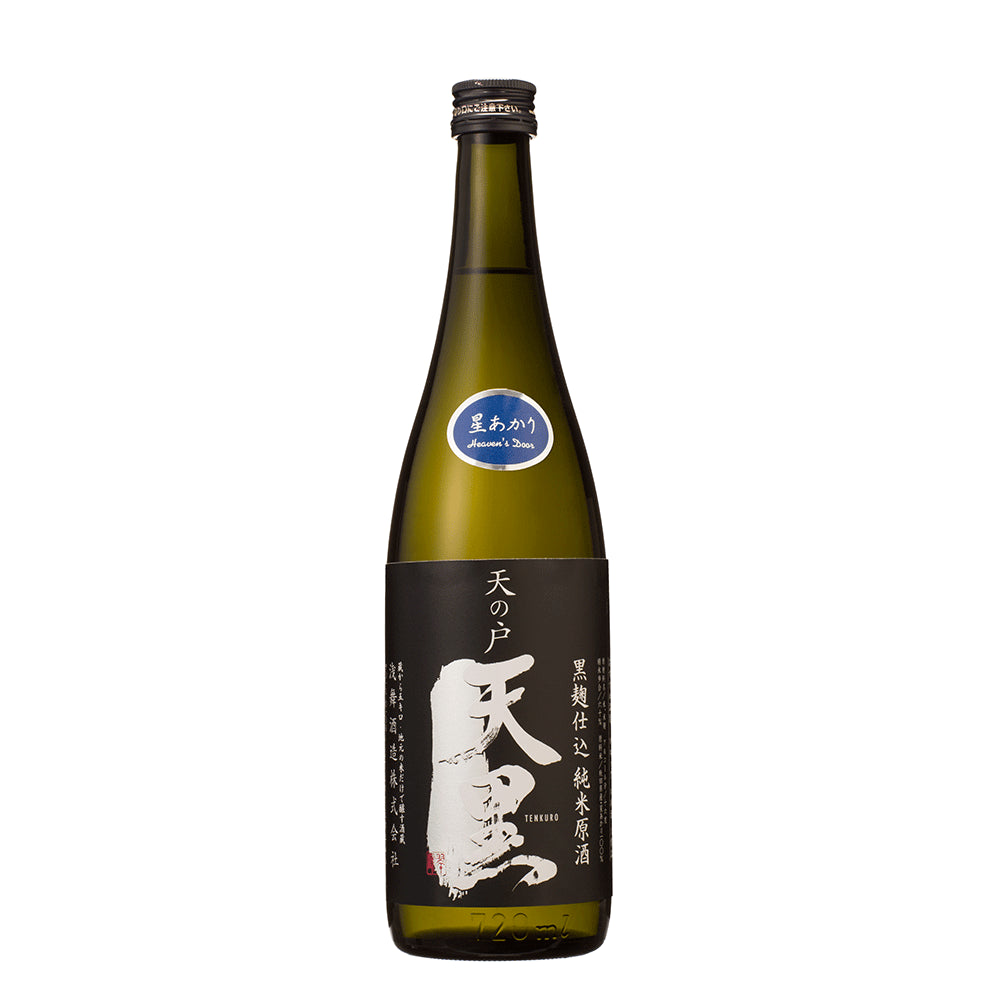-
 >
>
- Product list >
- Amanoto Tenkuro Kurokoji-jikomi Junmai undiluted (720ml)
Amanoto Tenkuro Kurokoji-jikomi Junmai undiluted (720ml)
詳しく見る
- *All prices shown are the product prices from the Japanpage:.
- *Product price can be shown in multiple currencies as reference values.
- *Payment should be made in Japanese yen.
- *After filling in delivery address, grand total (product price + shipping cost (packing + shipping + insurance) +tariffs & taxes) will be shown on the shipping cart page.
- *All prices shown are the product prices from the Japanpage:.
- *Product price can be shown in multiple currencies as reference values.
- *Payment should be made in Japanese yen.
- *After filling in delivery address, grand total (product price + shipping cost (packing + shipping + insurance) +tariffs & taxes) will be shown on the shipping cart page.
Awards
International Wine Challenge (IWC)2019 Junmai Division Gold
"Amanoto Tenkuro Kurokoji-jikomi Junmai, undiluted (720ml)" is a Junmai, undiluted brewed with black rice malt (used to make shochu), using the rare brewer's rice "Hoshiakari", an original product from Akita Prefecture. This Japanese sake boasts a progressive, bold new taste, born from an exchange of technologies and techniques with Taikai sake brewery, a shochu brewery in Kagoshima Prefecture. The taste features an acidic flavor that is characteristic of black rice malt, with its citric acidity and green lemon sourness, and results in a superbly balanced flavor, filled with the sweetness of "Hoshiakari" and its 60% sei-mai buai (rice-polishing ratio). This sake has won the gold medal in the junmai sake category at the International Wine Challenge (IWC)2019, one of the world's foremost wine competitions, establishing its position as a superior sake of world-class quality.
Pairing food proposed from Vendor
Horse mackerel nanbanzuke (marinated in a spicy sauce),Pork shabu-shabu served with ponzu vinegar,Jyuwari soba (soba made only with soba flour, processed through a unique method called "hikigurumi" - which grinds the soba seeds together with the husks)
About "Amanoto"
The name comes from an ancient song that describes the legend of the "Gate of the Celestial Rock Cave of the Sun Goddess", "Amanoto". This sake is made using only brewer's rice harvested within a 5 km radius of the brewery, and brewed using only Junmaimade to grow this particular rice. This sake is the culmination of such dedication and attention to details, a practice of Terroir which brings out the best in the region's unique characteristics.
Recommended temperature
- Atsukan (50 - 55℃)
- Jokan (45 - 50℃)
- Nurukan (30 - 40℃)
- Room temperature (15 - 20℃)
- Hanabie (10℃)
- Yukibie (5℃)
Type


Tag
Appearance
-
Clarity
Transparency
Hazy
-
Colour
Colorless
Dark brown
-
Intensity
Water
Deep
Nose characteristics
-
Intensity
Low
Strong
Taste characteristics
-
Light / Body
Light
Body
-
Sweet / Dry
Sweet
Dry
-
Simple / Complexity
Simple
Complexity
-
Acidity
Low
High
-
Umami
Low
High
-
Finish
Low finish
Long finish
Aroma and flavor
Detailed information
| Volume | 720ml |
|---|---|
| Size (L W H) | 7.5 x 7.5 x 29.5 cm |
| Weight | 1.1kg |
| Ingredients | Rice, Rice koji, Water |
| Region | Akita |
| Alcohol content | 17%vol. |
|
Sake Meter Value
|
-6.7 |
|
Acid level
|
2.9 |
|
Polishing ratio
|
60% |








